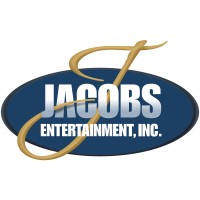
Jacobs Entertainment, Inc.
Jacobs Entertainment, Inc. (JEI) is a developer, owner and operator of gaming and entertainment facilities in four regions of the United States. The company’s vision is to develop a strategic and geographically diverse portfolio of gaming, lodging and mixed-use facilities that provide guests with an unrivaled entertainment experience. With more than 2,000 employees and a long-tenured management team, our experience in real estate, gaming development, financing, leasing and operations establishes JEI as a committed industry leader with a reputation for quality. Core to the company’s value is our commitment to ethical leadership, outstanding training, and open employee communication. We are community partners, committed to supporting each jurisdiction in which we work and live.






